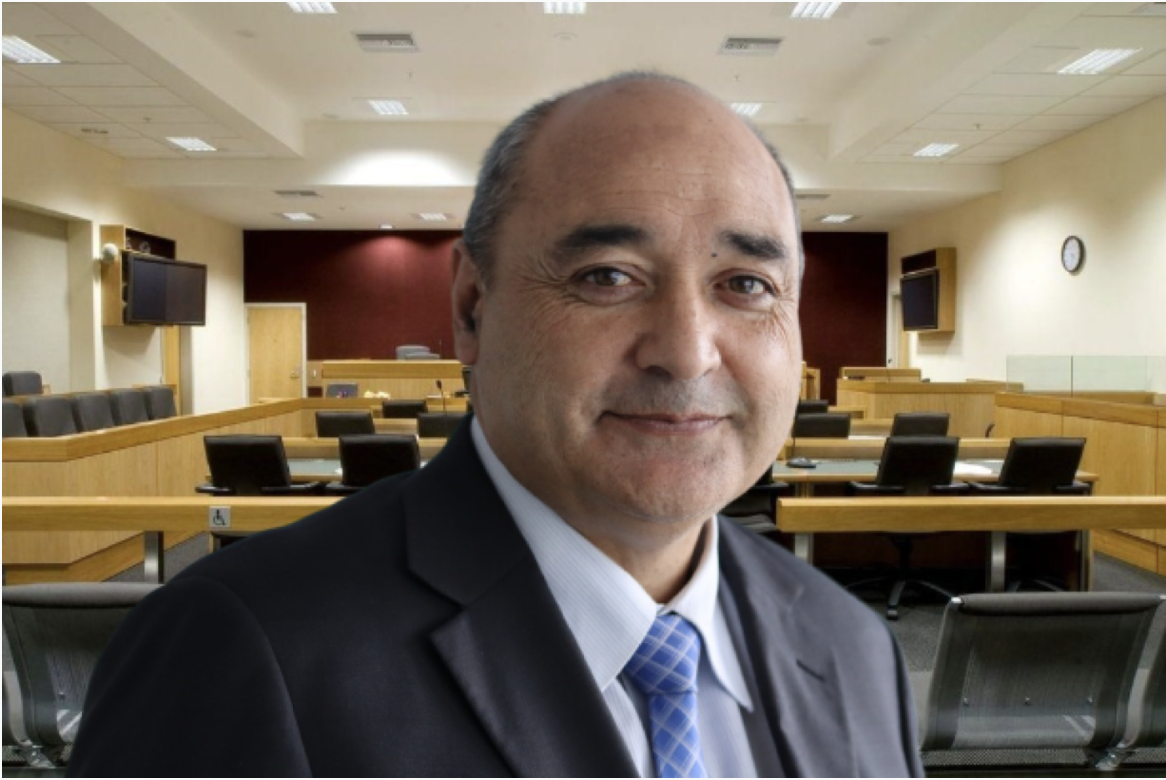Stuff has reported that the head of Oranga Tamariki and two senior judges intervened in a part-heard Family Court hearing over a five-year-old girl. Oranga Tamariki was trying to remove the girl from her foster family because they were not Maori, arguing they could not meet her cultural needs.
Partway through the case, the head of Oranga Tamariki complained to Chief District Court Judge Heemi Taumaunu and the Principal Family Court Judge Jackie Moran about Judge Peter Callinicos, saying he was bullying Oranga Tamariki staff who were witnesses. The report on the case does not reflect well on said staff so the so-called bullying may merely be robust questioning.
Having a government agency go behind the judge’s back to the head of the bench is an issue that strikes at separation of powers. The executive and judiciary are meant to be independent. Does anyone think the foster family would have the ability to interact with the Chief District Court Judge over a case?
If (and that is a big if) there were a legitimate concern over the way the judge conducted the trial, then there are three options available; but all of them should take place after the trial.
Firstly, you can appeal the decision.
Secondly, you can raise concerns with the local Law Society and if they agree, they go to the NZ Law Society President who then raises the issue with the Head of the Bench.
Thirdly, you can complain to the Judicial Conduct Commissioner.
But the inappropriate decision to approach the heads of the bench during a trial pales in comparison to what then happened.
The two heads of bench didn’t tell Oranga Tamariki to go away and go through proper channels after the trial was over. They had multiple meetings, phone calls and letters between themselves and Oranga Tamariki while the trial was proceeding. Then they contacted Judge Callinicos to try and influence his handling of the trial.
This is the opposite of open justice. Instead of matters being decided in an open court, you had secret meetings between one of the parties (a government agency) and the heads of the bench who then secretly communicated with the judge to try and influence how he handled the trial.
So this is not a minor indiscretion. This strikes at the heart of confidence in our independent judiciary. This should be the lead story in every media outlet in New Zealand, after Covid-19.
The Judicial Conduct Commissioner must investigate this situation. Rather than wait for a formal complaint, they can initiate an inquiry themselves. Or the Attorney-General can refer the issue to them.
The vast majority of complaints to the Judicial Conduct Commissioner are illegitimate and involve litigants complaining about decisions they don’t like. Of the 3,000 complaints over 15 years, just 81 were found to have some degree of substance. And of those 81, 79 were dealt with by way of referral to the head of bench for informal counselling. Just two complaints in 15 years resulted in a Judicial Conduct Panel being recommended.
The first was in relation to a Supreme Court Justice who was alleged to have not fully disclosed a financial interest between himself and the lawyer for one party.
The second was a District Court Judge who gave someone bail to attend a funeral without disclosing he had a connection to them.
In my lay view, both of those cases are far less serious than this current case. They were both cases of not disclosing a potential conflict. This case strikes at the heart of judicial independence.
And that is the view of Judge Callinicos himself who told the heads of the bench that their approach to him was a breach of judicial independence and judicial conduct.
We are fortunate in New Zealand that we have one of the most respected judiciaries in the world. Judge Callinicos is a great example of that. But the actions of the two heads of bench undermine both the separation of the executive and the judiciary and the principle of open justice, not secret meetings, deciding cases.
There must be an inquiry into this.
Please share this article so others can discover The BFD.

